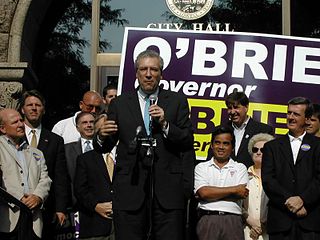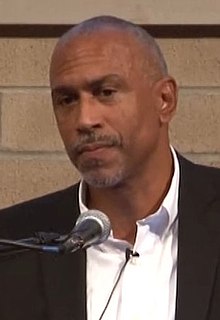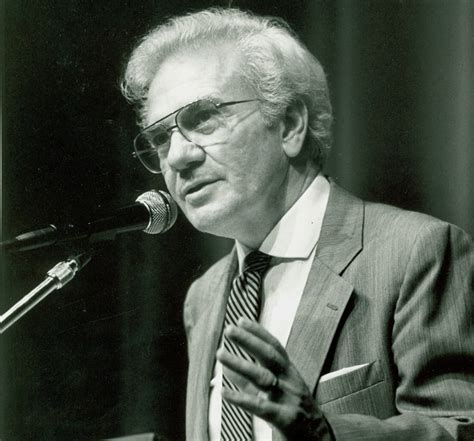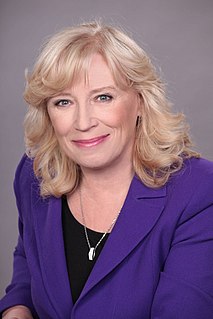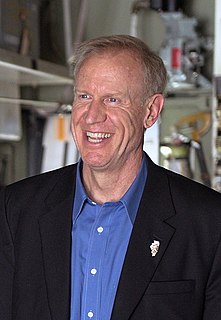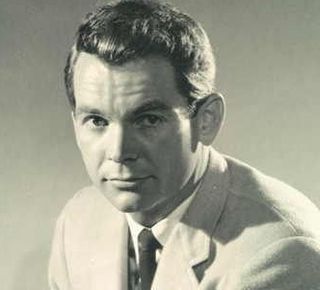A Quote by Chris Gabrieli
Indeed, while so much in education reform can divide activists into warring camps, expanding learning time unites reformers around a shared vision of bringing excellence and breadth to our nation's most impoverished and struggling schools.
Related Quotes
The first generation of school reformers I talk about - nineteenth century education reformer Horace Mann, Catharine Beecher - they are true believers in their vision for public education. They have a missionary zeal. And this to me connects them a lot to folks today, whether it's education activist Campbell Brown or former D.C. public schools chancellor Michelle Rhee. It's a righteous sense, a reform push that's driven by a strong belief in a particular set of solutions.
Traditional education focuses on teaching, not learning. It incorrectly assumes that for every ounce of teaching there is an ounce of learning by those who are taught. However, most of what we learn before, during, and after attending schools is learned without its being taught to us. A child learns such fundamental things as how to walk, talk, eat, dress, and so on without being taught these things. Adults learn most of what they use at work or at leisure while at work or leisure. Most of what is taught in classroom settings is forgotten, and much or what is remembered is irrelevant.
I know from personal experience that engaging with your community and helping others helps foster a sense of shared sacrifice and - at a time when our politics seem more focused on tearing us apart than bringing us together - that shared sacrifice will help us rekindle the national unity that has made us the strongest nation in the world.
In San Francisco, most of the older activists, especially at Berkeley, were very hostile towards punks. The music, certainly, wasn't nice and mellow for them, and neither was our look or our attitude. While in Vancouver, the two most important early punk bands, D.O.A. and the Subhumans, were both managed by former yippie activists, who saw this as a logical extension of what they were already doing.
We need more than individual value systems; we need a shared vision. A nation is held together by shared values, shared beliefs, shared attitudes. That is what enables a people to maintain a cohesive society despite the tensions of daily life. That is what enables them to rise above the conflicts that plague any society.
Most of our competitor nations around the world have a national education system and America is the only major nation in the world that operates off of local school boards. They receive very little direction from state boards of education or from the nation. So local school boards direct basically what happens and too often they're not willing to track or to do the supervision of the education system that will make it world competitive.
